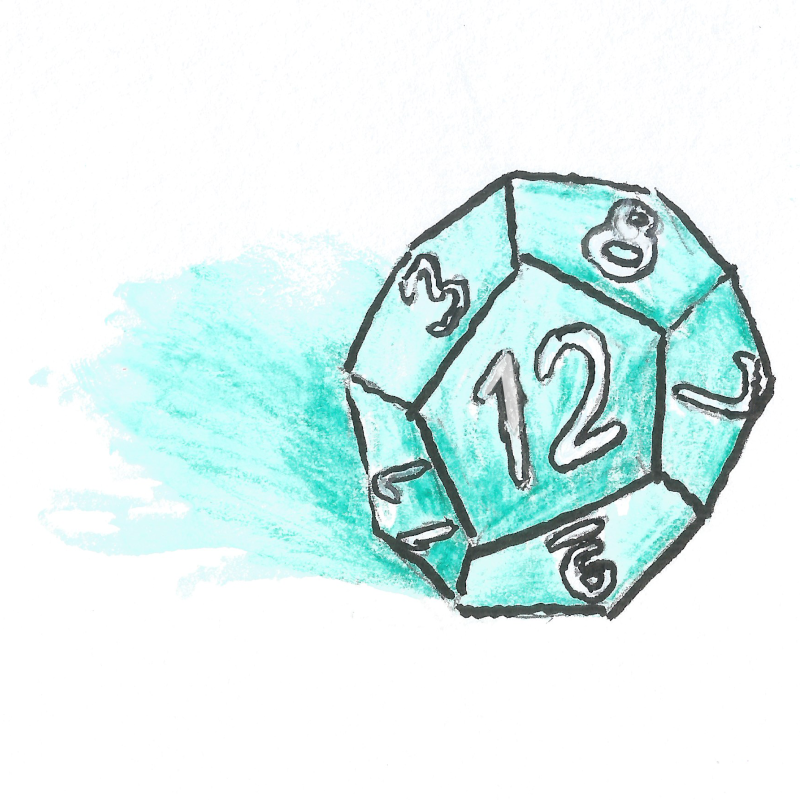When I was younger, I spent a lot of time planning D&D campaigns. I wanted to build complete worlds before I started running them, for a lot of reasons:
- I had moments of inspiration that I simply had to flesh out and get down on paper.
- Many people in our group had something we wanted to GM, and I wanted to earn the right to have my shot.
- Once I got in the coveted GM seat, I needed to prove myself. I couldn’t allow myself to fail, or I might lose that spot.
- If I’m honest, I think I dreamed of producing a published adventure or campaign setting ( which I’ve technically done now, I guess! )
That was two decades ago, and things have changed. I don’t think these were very healthy ways of looking at the hobby, and I’d like to talk about some ways I’ve grown in those years. Maybe it’ll be helpful for you young whippersnappers just getting into this hobby.
Ideas are cheap, execution is priceless
A lot of interesting games start with a unique plot hook or a set of mechanics added in to an established system. A moment of inspiration can lead to a memorable one-shot or a campaign, but not every moment of inspiration is golden.
A good one-sentence pitch for a plot or a mechanic doesn’t necessarily mean the finished product will be something you can use at the table. TTRPGs have their limitations, and making an idea work means figuring out how to fit it within that medium.
- How do you convey it to players in a way that’s understandable?
- What system and mechanics will create the emotional impact and gameplay experience you want?
- How do you implement rules in a way that is effective, but not overwhelming or confusing?
- How do you balance players’ time and attention constraints to the vision you have in your head?
Answer those questions, and now you’ve got something you can actually use.
Sometimes an idea just doesn’t work in the format of a TTRPG; sometimes an idea gives you more raw material than you realized. The only way you can tell is putting in the effort to flesh it out, not just run off the initial burst of inspiration.
Being a better GM required me to be a little disenchanted with those moments of inspiration, and see the value in the process of exploring an idea.
